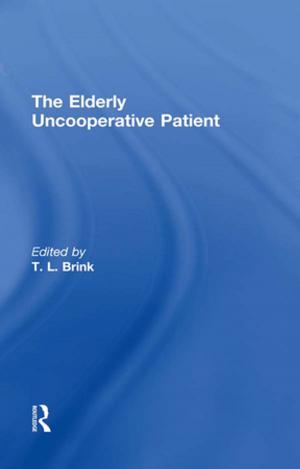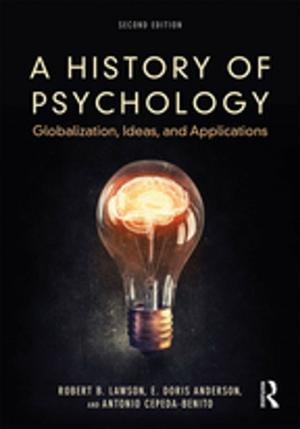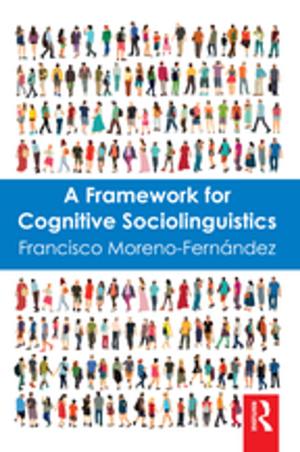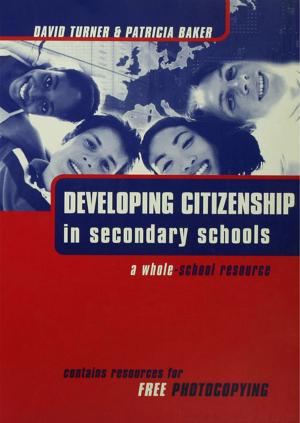Making Public Policy Decisions
Expertise, skills and experience
Nonfiction, Social & Cultural Studies, Political Science, Politics, Leadership, Government, Public Affairs & Administration, Business & Finance, Business Reference, Government & Business| Author: | ISBN: | 9781317697718 | |
| Publisher: | Taylor and Francis | Publication: | December 5, 2014 |
| Imprint: | Routledge | Language: | English |
| Author: | |
| ISBN: | 9781317697718 |
| Publisher: | Taylor and Francis |
| Publication: | December 5, 2014 |
| Imprint: | Routledge |
| Language: | English |
To understand public policy decisions, it is imperative to understand the capacities of the individual actors who are making them, how they think and feel about their role, and what drives and motivates them. However, the current literature takes little account of this, preferring instead to frame the decisions as the outcomes of a rational search for value-maximising alternatives or the result of systematic and well-ordered institutional and organisational processes.
Yet understanding how personal and emotional factors interact with broader institutional and organisational influences to shape the deliberations and behaviour of politicians and bureaucrats is paramount if we are to construct a more useful, nuanced and dynamic picture of government decision-making. This book draws on a variety of approaches to examine individuals working in contemporary government, from freshly-trained policy officers to former cabinet ministers and prime ministers. It provides important new insights into how those in government navigate their way through complex issues and decisions based on developed expertise that fuses formal, rational techniques with other learned behaviours, memories, emotions and practiced forms of judgment at an individual level.
This innovative collection from leading academics across Australia, Europe, the United Kingdom and North America will be of great interest to researchers, educators, advanced students and practitioners working in the fields of political science, public management and administration, and public policy.
To understand public policy decisions, it is imperative to understand the capacities of the individual actors who are making them, how they think and feel about their role, and what drives and motivates them. However, the current literature takes little account of this, preferring instead to frame the decisions as the outcomes of a rational search for value-maximising alternatives or the result of systematic and well-ordered institutional and organisational processes.
Yet understanding how personal and emotional factors interact with broader institutional and organisational influences to shape the deliberations and behaviour of politicians and bureaucrats is paramount if we are to construct a more useful, nuanced and dynamic picture of government decision-making. This book draws on a variety of approaches to examine individuals working in contemporary government, from freshly-trained policy officers to former cabinet ministers and prime ministers. It provides important new insights into how those in government navigate their way through complex issues and decisions based on developed expertise that fuses formal, rational techniques with other learned behaviours, memories, emotions and practiced forms of judgment at an individual level.
This innovative collection from leading academics across Australia, Europe, the United Kingdom and North America will be of great interest to researchers, educators, advanced students and practitioners working in the fields of political science, public management and administration, and public policy.















